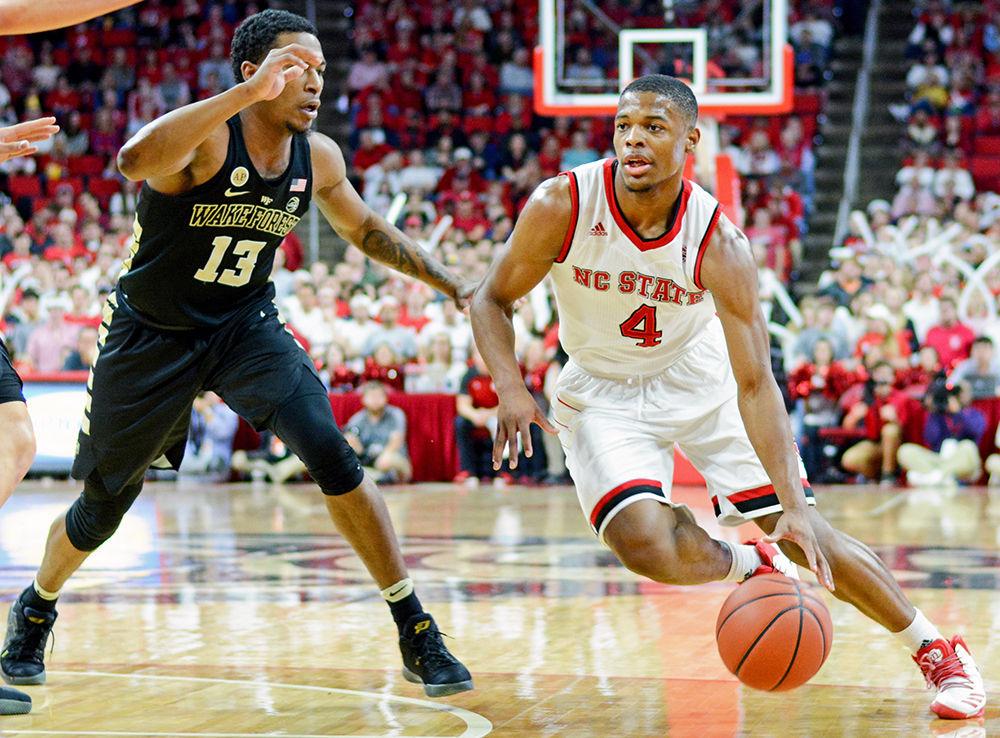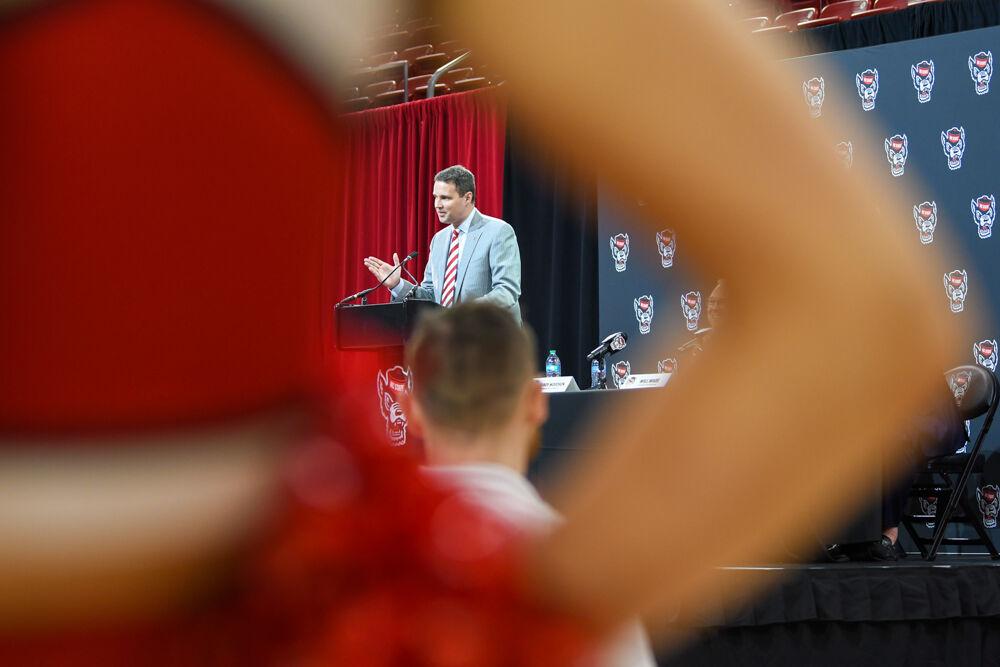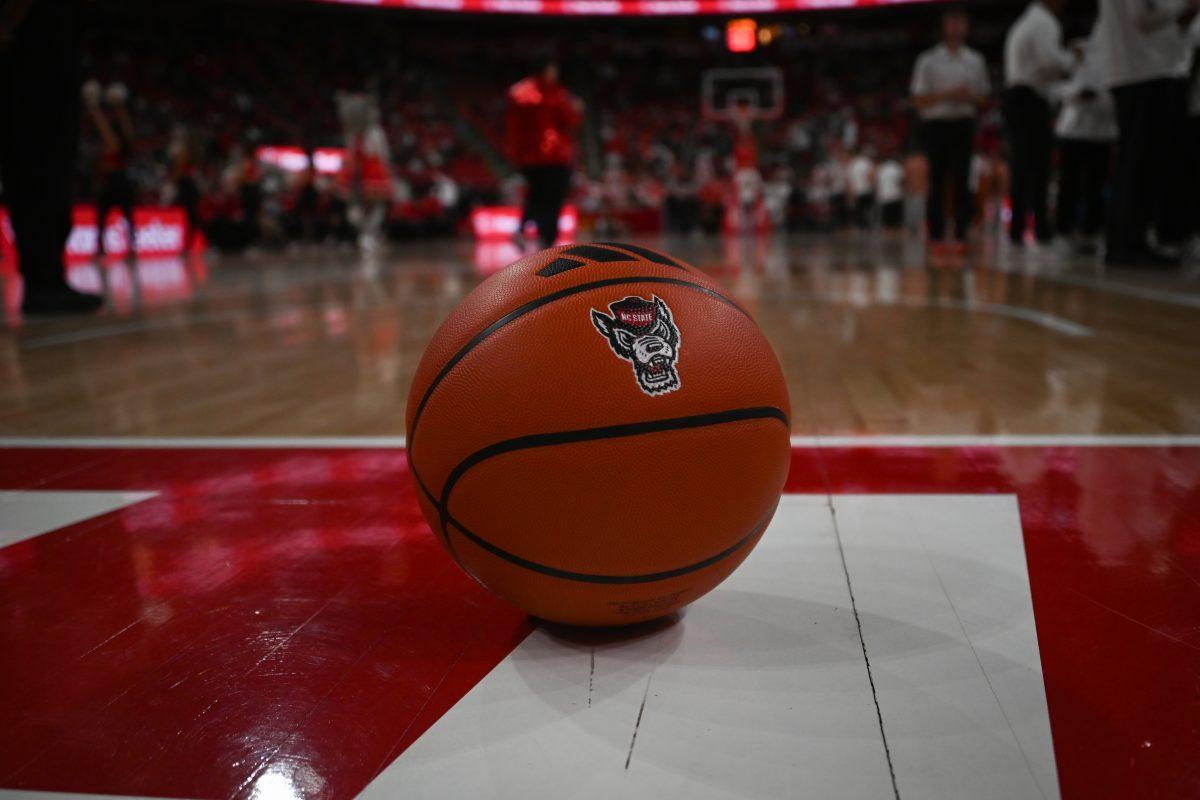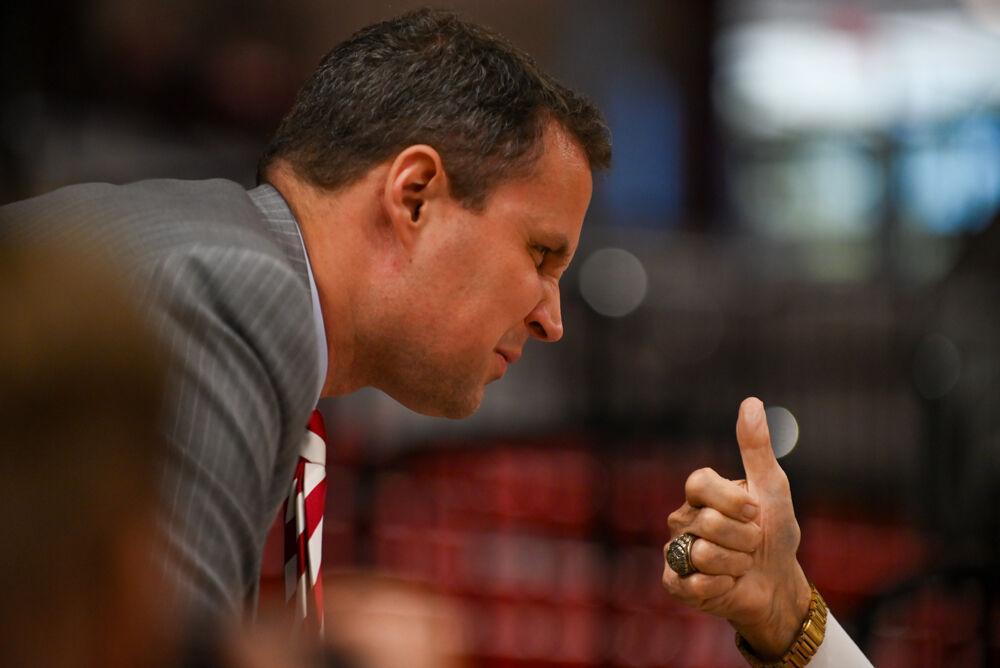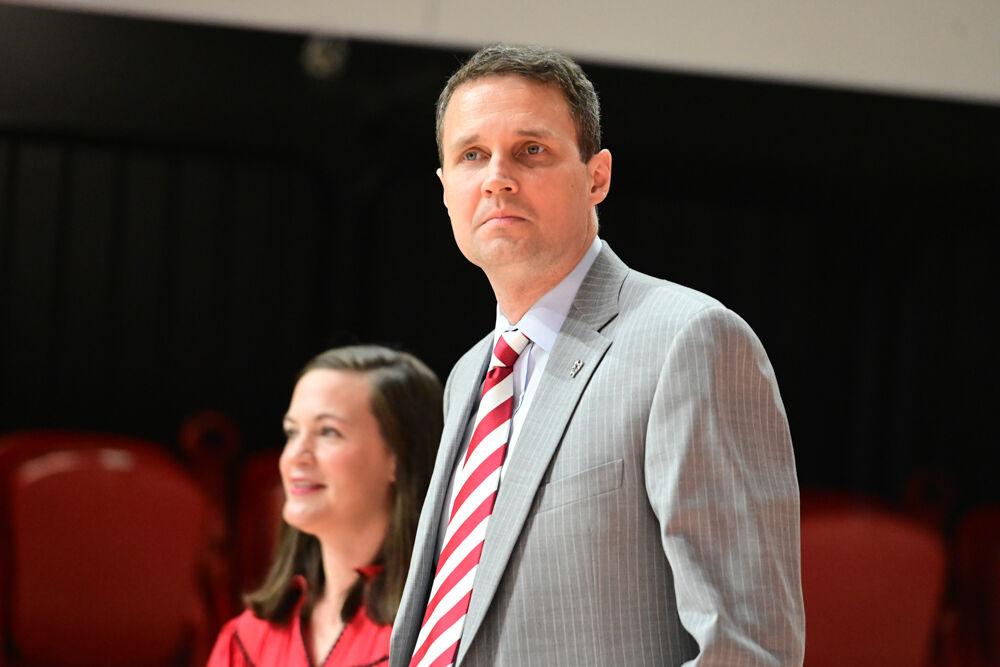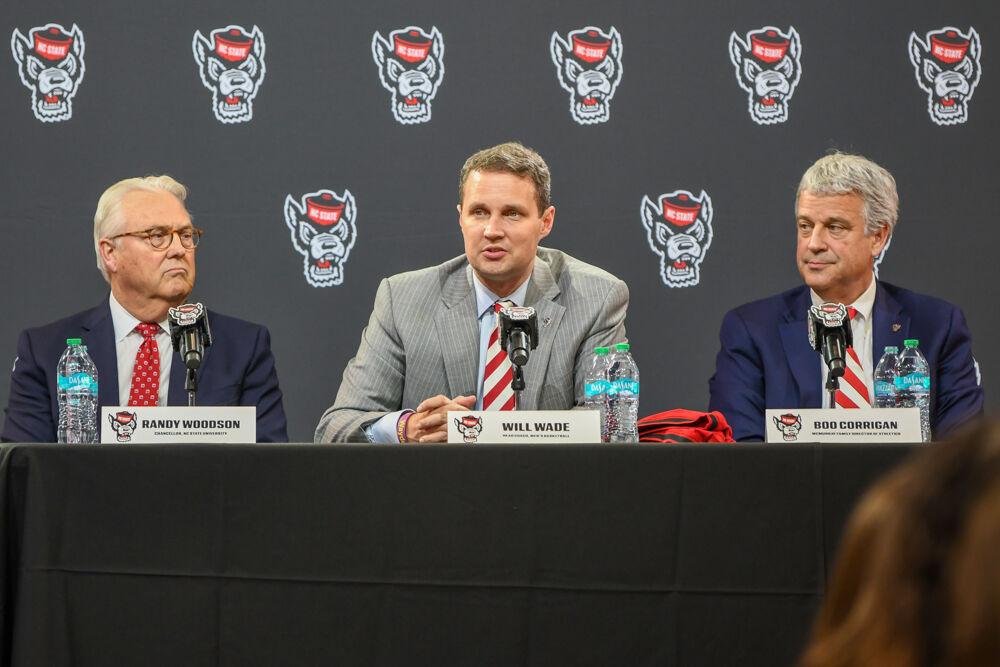The one-and-done era has gotten more interesting this past week, with a large number of scandals about paying student-athletes to play for specific teams. Big-name coaches and players have been associated with these claims including Dallas Mavericks point guard Dennis Smith Jr., who entered the NBA last year after one season at NC State.
It seems like all the big names in college basketball are one-and-dones. In the 2017 NBA Draft, 10 of the top 11 picks were NCAA freshmen. In total, 18 college freshmen were picked in last year’s draft.
The NBA rule that says a player must be one year removed from high school to enter the draft was implemented starting in the 2006 season. Since then, some of the NBA’s top players are on the list of one-and-dones including Kevin Durant, Kyrie Irving, Kevin Love, John Wall, Anthony Davis, DeMar DeRozan and many more.
It is not a surprise that these players leave so early in their college career. The NCAA has a strict policy about what players can get, while entering the draft means millions of dollars.
Kentucky might be the greatest example of a one-and-done team, but many other teams have followed suit. There is no question about the individual talents of these players, but how effective is the one-and-done system for college basketball success?
The success of one-and-done teams
Only three teams since 2006 have won an NCAA National Championship with at least one one-and-done player. Kentucky’s 2012 national championship team was built around one-and-dones Anthony Davis, Michael Kidd-Gilchrist and Marquis Teague. Duke won in 2015 with Jahlil Okafor, Justise Winslow and Tyus Jones. The third was UNC-Chapel Hill who had just Tony Bradley enter the draft after their win in 2017.
If one-and-done players have so much talent, why don’t they always win the national championship? In recent years, Kentucky (2016) and Duke (2017) each had three one-and-done players, but neither was able to advance past the second round of the NCAA Tournament.
There could be many reasons for these “superstar teams” being unable to win it all. Most of the starters only play with each other for one year, so the chemistry isn’t as developed as some teams. On any young team, experience could be an issue, so playing in big tournament games could get to the players. The last option could be that these superstar players lose their focus to the NBA Draft before the season is over.
Top high school talents definitely bring attention to college teams that sign them. Just look at Duke’s “Brotherhood” next year consisting of the top three ESPN 2018 recruits: R.J. Barrett, Zion Williamson and Cam Reddish. These almost guaranteed one-and-dones will bring a lot of attention and money to Duke in the coming year.
So one-and-dones lead to individual success, but don’t necessarily mean a national championship for the school. Is the one-and-done rule good for basketball?
The future of the one-and-done
Many recent players, if given the option, would’ve gone to the NBA straight out of high school. The year in college gives NBA scouts a chance to watch players against better competition. This one year is supposed to develop the player to be better fit for the NBA, but many public figures have come out against the NCAA’s process.
“I’ve got a real good idea about this whole farm system thing that I want to go over with the commish and some of the people, but that’s a longer dialogue,” Cleveland Cavaliers superstar LeBron James told ESPN. “The NCAA is corrupt, we know that. Sorry, it’s going to make headlines, but it’s corrupt.”
James isn’t the only one to speak out against the NCAA. The relationship between the two organizations seems to be up in the air, which could result in a change to the current one-and-done rule.
The idea James is leaning toward is for the NBA to form its own developmental league for younger players so they don’t have to go through the NCAA. This gives a huge advantage to the NBA, which would be able to develop players to their liking and bring in more money to the league.
Some suggest college basketball should follow the baseball rule, allowing players to enter the draft out of high school, but requiring them to stay for three years if they attend college. The NCAA would lose the top talent to the NBA, but be able to keep some of the other great players in college.
The recent FBI investigations around NCAA basketball certainly brought up more questions than answers, so don’t expect change to come out soon. However, the future of college basketball could be drastically changed by the NBA’s decision.


